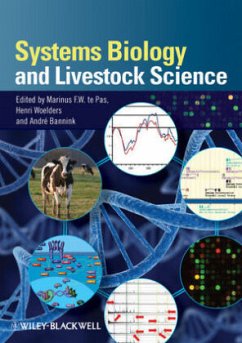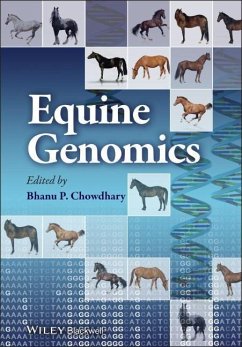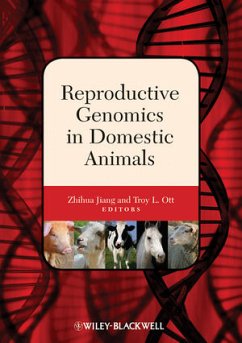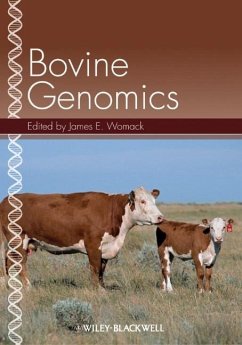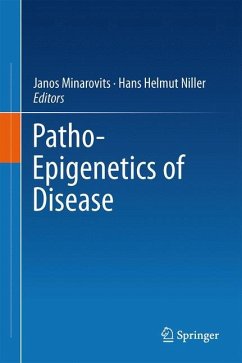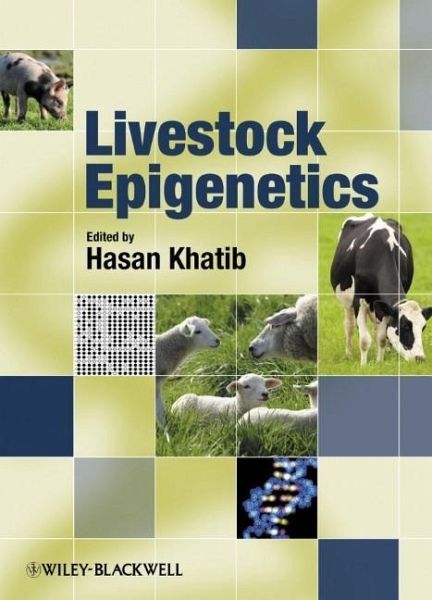
Livestock Epigenetics
Versandkostenfrei!
Versandfertig in über 4 Wochen
231,99 €
inkl. MwSt.
Weitere Ausgaben:

PAYBACK Punkte
116 °P sammeln!
Livestock Epigenetics reviews advances in the understanding of the molecular basis of epigenetic mechanisms in gene expression in livestock species. Epigenetics impact many economically important traits from growth and development to more efficient reproduction and breeding strategies. The book opens with a broad introductory chapter that discusses the importance of an understanding of epigenetics to efficient and sustainable livestock production. In subsequent chapters the role of epigenetics in specific aspects of animal production are reviewed. The final chapter provides researchers with a ...
Livestock Epigenetics reviews advances in the understanding of the molecular basis of epigenetic mechanisms in gene expression in livestock species. Epigenetics impact many economically important traits from growth and development to more efficient reproduction and breeding strategies. The book opens with a broad introductory chapter that discusses the importance of an understanding of epigenetics to efficient and sustainable livestock production. In subsequent chapters the role of epigenetics in specific aspects of animal production are reviewed. The final chapter provides researchers with a valuable basis for the use of comparative epigenetics research to allow research to apply advances across organisms. Livestock Epigenetics provides detailed information on this rapidly expanding field of research with contributions from a global team of experts.




